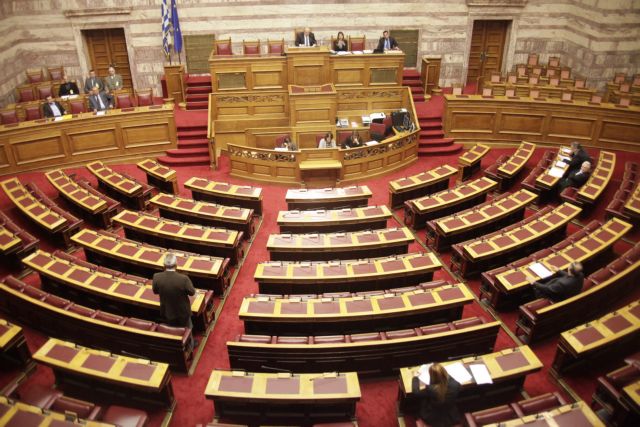The Prime Minister Antonis Samaras and government Vice President Evangelos Venizelos decided to bring forward the Presidential election, following the conclusion of the Eurogroup in Brussels which resulted in the two-month technical extension of the bailout program.
The decision was taken after consulting with the Minister of Finances Gikas Hardouvelis. There has been some debate as to whether the coalition government could secure the necessary 180 votes, it appears however confident in achieving its goal. The President of the Republic Karolos Papoulias and the President of Parliament Evangelos Meimarakis were informed of the decision.
According to the statement issued, the PM and VP believe that by bringing the elections forward they will clear up the political uncertainty. The main focus will now be on the Presidential candidate, with the PM rumored to deliver a speech to the Greek people on Tuesda.
The Presidential elections
The Presidential elections process is outlined in Article 32 of the Constitution. A new President is elected in a roll-call vote in a special session called by the President of Parliament, at least one month before the term of the outgoing President ends. The elections take place in one or two phases.
The first phase calls for three votes; in the first vote 200 votes (namely two thirds of the total number of MPs) are necessary. If necessary, the process is repeated five days later. A third vote is called five days later if necessary, only this time a three fifths majority is necessary, namely 180 votes.
Should this third vote also not result in a President, then Parliament is dissolved within ten days and general elections are called. After a new government is formed, the second phase of the Presidential election process begins, which also provides three votes. In the first vote, a total of 180 votes are required. If there is no majority, then the process is repeated five days later, with an absolute majority of 151 MPs required. Should Parliament fail to elect a President, a third vote follows five days later, where the two candidates face each other. The one with the most votes is elected President.



